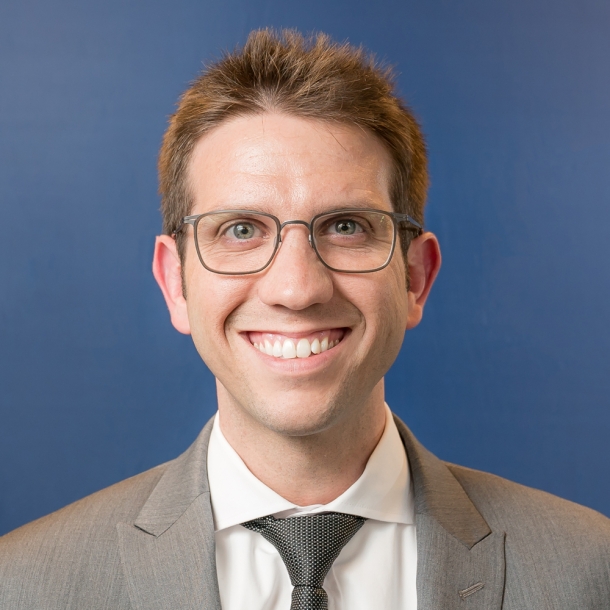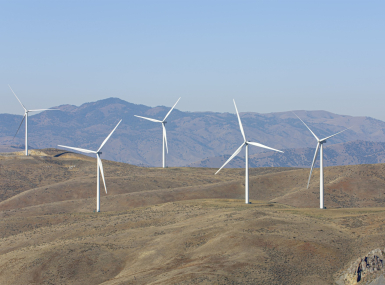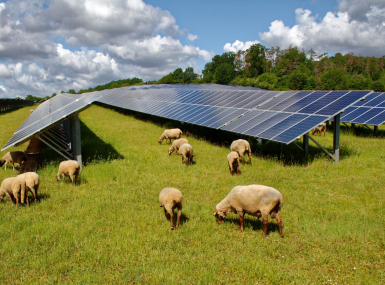U.S. Forest Service announces $1 billion in available funding through Urban and Community Forestry Program
Author
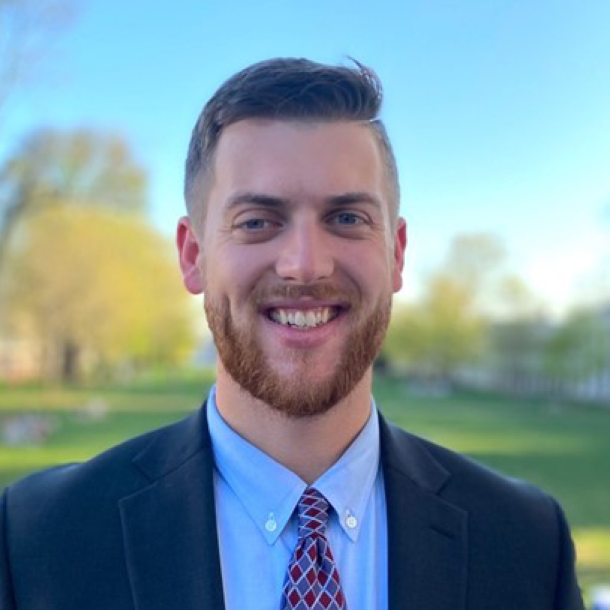
Owen Hart
Upcoming Events
Related News
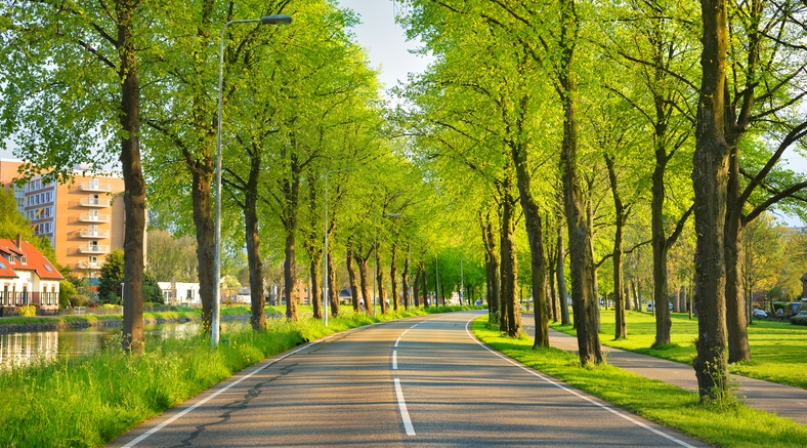
Key Takeaways
On April 12, the U.S. Forest Service (USFS) announced that it will make $1 billion in funding available through the Urban and Community Forestry Program (U&CF) to support community investments in urban tree canopies. Funded by the Inflation Reduction Act, the program will award grants to county governments and other eligible entities to carry out urban tree-planting projects, forestry management and strategic planning, prioritizing investments in disadvantaged communities where the need is greatest. U&CF grants are available for proposals spanning a broad range of projects operating at local, state and national scales. Applications are due by June 1. The Notice of Funding Opportunity (NOFO) is available for review here.
Examples of eligible uses of funds under the U&CF program include projects that:
- increase equitable access to the urban tree canopy and associated human health, environmental and economic benefits in disadvantaged communities
- encourage long-term urban forestry planning, assessment, and management
- broaden community engagement in local urban forest planning
- improve community and urban forest resilience to climate change, pests and storm events through best management and maintenance practices
Selected projects are eligible to receive a minimum of $100,000 to a maximum of $50,000,000 over a period of 5 years. These funds will be subject to a 100% non-federal match, although match waivers of up to 100 percent of project costs may be made available to projects in disadvantaged communities on a discretionary basis.
The USFS will hold two webinars that will provide an overview of the NOFO and guidelines for how to apply for grant funding through the program. Both sessions will be recorded and posted on the grant application website along with a pre-grant award guide. Those interested can register to attend the webinars through following the links below:
Webinar 1: April 18, 1–2:30 p.m. EDT
Webinar 2: April 25, 2–3:30 p.m. EDT
Access to urban green space and tree canopy cover is a key determinant of quality of life for county residents across the country. An expansive body of research has demonstrated the importance of urban tree cover in delivering better public health outcomes and bolstering community resilience, particularly during extreme heat events. In turn, urban forests can lower average temperatures, improve air quality, conserve water and provide more recreational opportunities for residents.
In many communities, low-income and historically marginalized localities are far less likely to be shaded than their wealthier neighbors, often a consequence of systemic underinvestment in disadvantaged communities. Subsequently, historically disadvantaged communities are far more likely to reside within urban heat islands – localities that experience far higher average temperatures than adjacent areas. The U&CF provides a critical resource to county governments seeking to improve access to green space and a more robust urban tree canopy for their residents, particularly for those living in historically disadvantaged communities.
To ensure healthy, safe and vibrant communities for residents, county governments have a duty to engage in environmental stewardship that can protect our ecosystems while meeting local needs. Counties support full funding for the U&CF at a level that will aid counties and the communities we serve in providing well-planned parks, open space, quality recreational opportunities, and public education about the use of these facilities.
County governments interested in applying for funding through the U&CF can submit applications through Grants.gov. All application materials must be received by 11:59 p.m. EDT on June 1, 2023.
